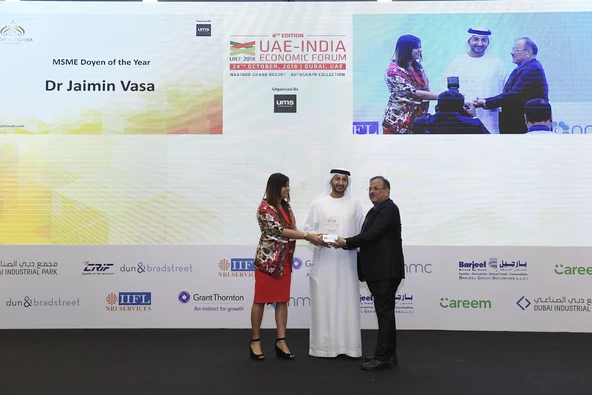July

Takeda dengue vaccine meets main goal of trial
Takeda Pharmaceutical Company Limited has announced that the pivotal Phase 3 trial of its dengue vaccine candidate met the primary efficacy endpoint. This first analysis of the Tetravalent Immunization against Dengue Efficacy Study (TIDES) trial showed that the company’s investigational live-attenuated tetravalent dengue vaccine (TAK-003) was efficacious in preventing dengue fever caused by any of the four serotypes of the virus. While review of the extensive data set is ongoing, TAK-003 was well tolerated with no significant safety concerns to date. The TIDES trial is continuing and additional results are expected later this year, along with results from other Phase 3 studies.
“We are very encouraged by the performance of our dengue vaccine candidate in the study. This brings us one step closer to helping the world tackle the massive burden of dengue,” said Rajeev Venkayya, M.D., President of the Global Vaccine Business Unit at Takeda. “We are excited to publish the data in a peer-reviewed journal as quickly as possible. In parallel, we are advancing the clinical development, commercial manufacturing, and stakeholder consultations to support a potential future global launch of the vaccine.”
The TIDES trial, Takeda’s largest interventional clinical trial to date, enrolled over 20,000 healthy children and adolescents ages four to 16 years living in dengue-endemic areas. The study was designed to evaluate the efficacy, safety and immunogenicity of two doses of TAK-003, in both dengue exposed and naïve individuals.
TAK-003 is not currently licensed anywhere in the world. In addition to dengue, Takeda is developing vaccines to address other high-priority infectious diseases, including Zika, norovirus and polio.
About the Phase 3 TIDES (DEN-301) Trial
The double-blind, randomized and placebo-controlled Phase 3 TIDES trial is evaluating the safety and efficacy of two doses of TAK-003 in the prevention of laboratory-confirmed symptomatic dengue fever of any severity and due to any of the four dengue virus serotypes in children and adolescents.1 Study participants were randomly assigned to receive either TAK-003, 0.5 mL or placebo, by subcutaneous injection on Day 1 and Day 90.1 The study is comprised of three parts. The current analysis, Part 1, evaluated vaccine efficacy (VE) and safety through 15 months after the first dose. Part 2 continues for an additional six months to complete the assessment of the secondary endpoints of VE by serotype, baseline serostatus and severity. Part 3 evaluates VE and long-term safety by following participants for an additional three years.1 The Part 1 and Part 2 data will form the basis for filing for licensure.
The trial is taking place at sites in dengue-endemic areas in Latin America (Brazil, Colombia, Panama, Dominican Republic and Nicaragua) and Asia (Philippines, Thailand and Sri Lanka) where there are unmet needs in dengue prevention and where severe dengue is a leading cause of serious illness and death among children.1 Baseline blood samples were collected from all individuals participating in the trial to allow for evaluation of safety and efficacy based on serostatus. Takeda and an independent Data Monitoring Committee of experts are actively monitoring safety on an ongoing basis.
About TAK-003
Takeda’s tetravalent dengue vaccine candidate (TAK-003) is based on a live-attenuated dengue serotype 2 virus, which provides the genetic “backbone” for all four vaccine viruses.2 Phase 1 and 2 data in children and adolescents showed that TAK-003 induced immune responses against all four dengue serotypes, in both seropositive and seronegative participants, and the vaccine was found to be generally safe and well tolerated.
About Dengue
Dengue is the fastest spreading mosquito-borne viral disease and is one of the World Health Organization’s top ten threats to global health in 2019. Dengue is spread by Aedes aegypti and Aedes albopictus mosquitoes and is caused by any of four dengue virus serotypes, each of which can cause dengue fever or severe dengue. The prevalence of individual serotypes varies across different geographies, countries, regions, seasons and over time. Recovery from infection by one serotype provides lifelong immunity against only that serotype, and later exposure to any of the remaining serotypes is associated with an increased risk of severe disease.
Dengue outbreaks are observed in tropical and sub-tropical areas and have recently caused outbreaks in parts of the continental U.S. and Europe. Approximately half of the world now lives under the threat of dengue, which is estimated to cause 400 million infections and 20,000 deaths globally each year. The dengue virus can infect people of all ages and is a leading cause of serious illness among children in some countries in Latin America and Asia.




Leave a Reply